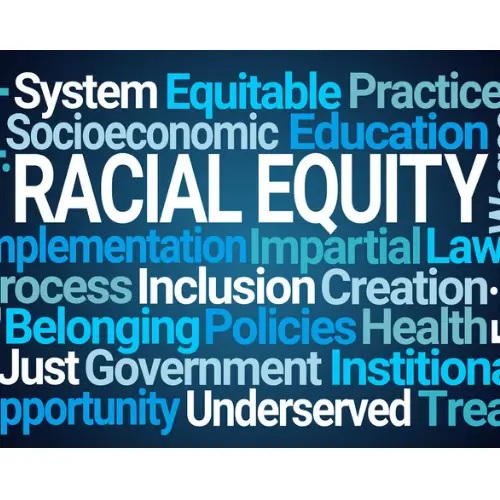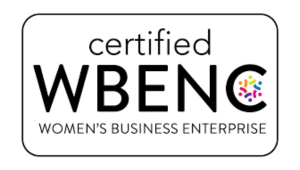- Whatever you do, be authentic
- Address the larger context of the current moment
- Don’t shrink away from the conversation because you’re out of your depth
- Diversity initiatives are not a substitute for doing the work yourself
- Don’t put the onus on your black employees to explain racism
- But make it clear to black employees — and other black entrepreneurs — that you’re here and ready to listen
- Put in place safe avenues for people of color to give honest feedback about their experiences
- Be sensitive to the fact that your employees of color may not feel comfortable discussing race with you
- Don’t talk the talk if you haven’t been walking the walk
- Recognize if you’re part of the problem and plan to fix it
Do Your Employees Know Why The Company Believes In Racial Equity?

“Never be afraid to raise your voice for honesty and truth and compassion against injustice and lying and greed. If people all over the world…would do this, it would change the earth.” ― William Faulkner
As corporate America finally steps up to vocally condemn racism and discrimination (and in some cases, make big commitments to reducing bias within their organization), I worry that companies are approaching inclusion and equity with this flawed narrative. Falsely labeling diversity efforts as charity or compulsion will only further divisions between employees. As someone who has been called a “diversity hire” in previous roles, I know all-too-well what it’s like to have one’s contributions underestimated because those in the majority thought standards were lowered to bring me in.
How to Have More Productive Conversations About Race in the Workplace
Earlier this month in the post CONFRONTING RACISM AT WORK I described the disastrous employee town hall discussion on race that LinkedIn regrettably conducted. There’s a smart, non-controversial, and effective way to have productive conversations about race, and Inclusive Leadership Group wants to guide you.
What Our Clients Tell Us…
Some white executives and leaders that we’ve worked with or have built relationships with, confide in us that despite starting their personal educational journey on race, and implementing diversity initiatives at their companies, they still have a long way to go to reach a full understanding. So, it’s no surprise that they’re hesitant to sponsor a company conversation on race, race equity or racial justice,
These leaders are struggling with how to make their employees of color feel supported, or with the fact that they have very few black employees or employees of color at all. Generally, they might be struggling to find language to address all the pain, confusion, and anger, and with how to begin making genuine change within their own businesses, as well as the larger business community. They have even less confidence in their managers’ and supervisors’ ability to sensitively, and effectively, discuss race with their direct reports, both white and of color employees.
Inclusive Leaders Group (ILG) Difficult Conversations Suite
To empower your leaders, managers, and supervisors with skills to create a safe space to share and receive information on a sensitive topic, like race, you must first clearly establish why you want to engage a colleague on the topic. ILG can help you articulate your intention. Now is not the time for any assumptions. Therefore, in order to start a productive and healing conversation, collaborate with ILG and allow us to help you to explain your goals.
Every ILG Difficult Conversation Suite virtual keynote and “fireside chat” is customized to each client organization’s goal and culture for a desired outcome. However, our general approach and advise for the sponsoring executive(s) includes:
ILG Ten Tips For Turning Difficult Conversations To Brave Ones







